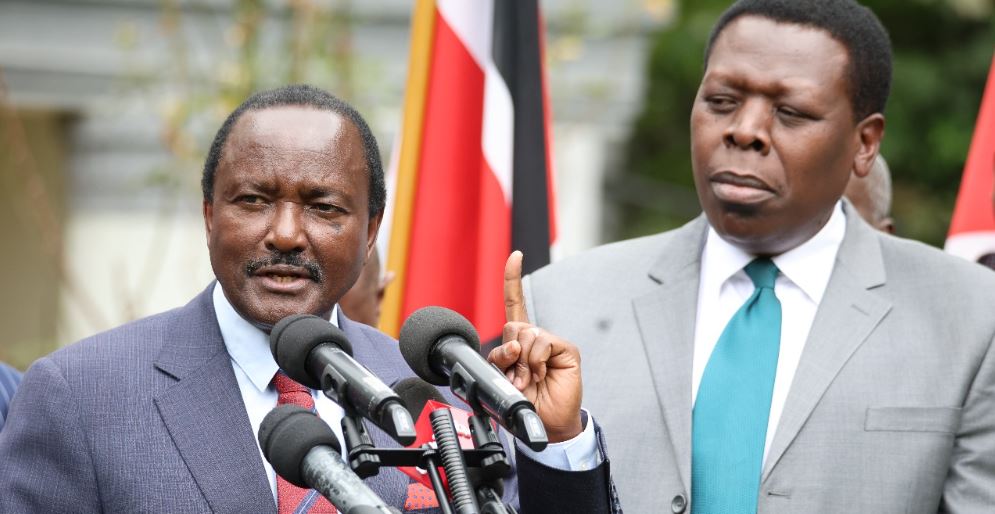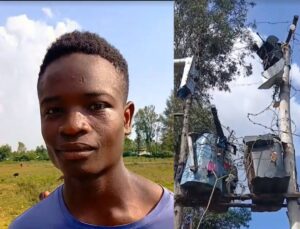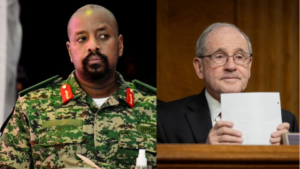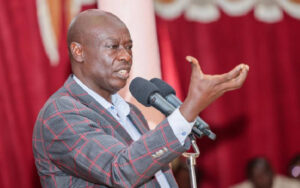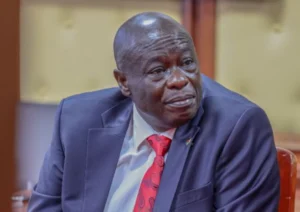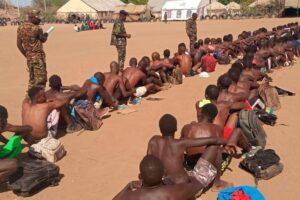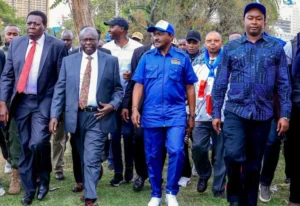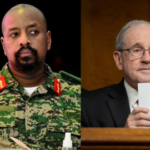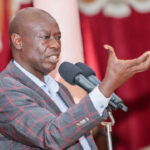A fresh political storm is brewing in Kenya’s Parliament as opposition lawmakers question the integrity of the Independent Electoral and Boundaries Commission (IEBC) selection process.
Minority Leader Junet Mohamed filed a notice of motion on Monday seeking a 14-day extension for the selection panel, citing a tight schedule that could compromise the recruitment of new commissioners.
“The panel is undertaking interviews for shortlisted candidates, and given the number of applicants, they do not have enough time to conclude the process adequately,” Mohamed told lawmakers.
His motion references Section 6(1) of the first schedule of the IEBC Act, which mandates that the panel must finalize its recruitment within 90 days. However, he argues the current deadline—April 27—is insufficient.
Mohamed pointed to prior Gazette Notices issued by President William Ruto, which declared vacancies for the IEBC Chairperson and six commissioners. “The selection panel has already long-listed and shortlisted candidates, but given the magnitude of this process, an extension is necessary,” he added.
Opposition Sounds the Alarm
As Mohamed made his case for an extension, opposition leaders escalated their criticism of President Ruto’s handling of the IEBC appointments, warning of potential legal or political action should the process proceed without broad consultation.
“This nefarious exercise is intended to rig the next General Election and perpetuate the Kenya Kwanza regime, which has lost the trust and confidence of the people,” said Martha Karua in a fiery press conference.
Karua, alongside Wiper leader Kalonzo Musyoka and Democratic Action Party of Kenya (DAP-K) leader Eugene Wamalwa, accused Ruto’s administration of manipulating the selection process to capture the electoral body.
“The shortlisting process excluded Kenyans with credible qualifications while favoring individuals with ties to the United Democratic Alliance (UDA) and Orange Democratic Movement (ODM),” Karua added.
A particularly contentious name, according to opposition leaders, is Joy Brenda Mdivo, who they claim serves as chair of UDA’s Internal Dispute Resolution Committee. “This is a blatant violation of Article 88 of the Constitution,” Karua argued.
Rising Tensions Over Electoral Independence
The opposition also raised concerns over the inclusion of President Ruto’s personal advocate among the shortlisted candidates. “How can a lawyer bound by client confidentiality be expected to act impartially as an electoral commissioner?” Karua asked.
Furthermore, the opposition accused the National Intelligence Service (NIS) of interfering in the selection process. “There are growing concerns about the NIS, an institution recently accused of abductions and torture, playing a role in this recruitment,” Karua alleged.
The lawmakers demanded that only individuals “beyond reproach” be appointed to the IEBC, warning that the opposition would not stand by and allow a “compromised” commission to oversee future elections.
Mounting Political Strife
The IEBC selection dispute is unfolding against the backdrop of a broader political realignment, with opposition figures criticizing what they call Ruto’s “misguided” governance approach.
“The aggressive early campaigns in Nairobi have featured marauding gangs engaging in criminal activities under police protection,” Karua said. “Now, as Ruto prepares to invade Mt. Kenya with his brand of politics, we urge citizens to remain peaceful and resist provocation.”
With Kenya’s political landscape growing increasingly volatile, all eyes are on Parliament to determine whether Mohamed’s motion will pass—or whether Ruto will push ahead with the appointments on schedule.


